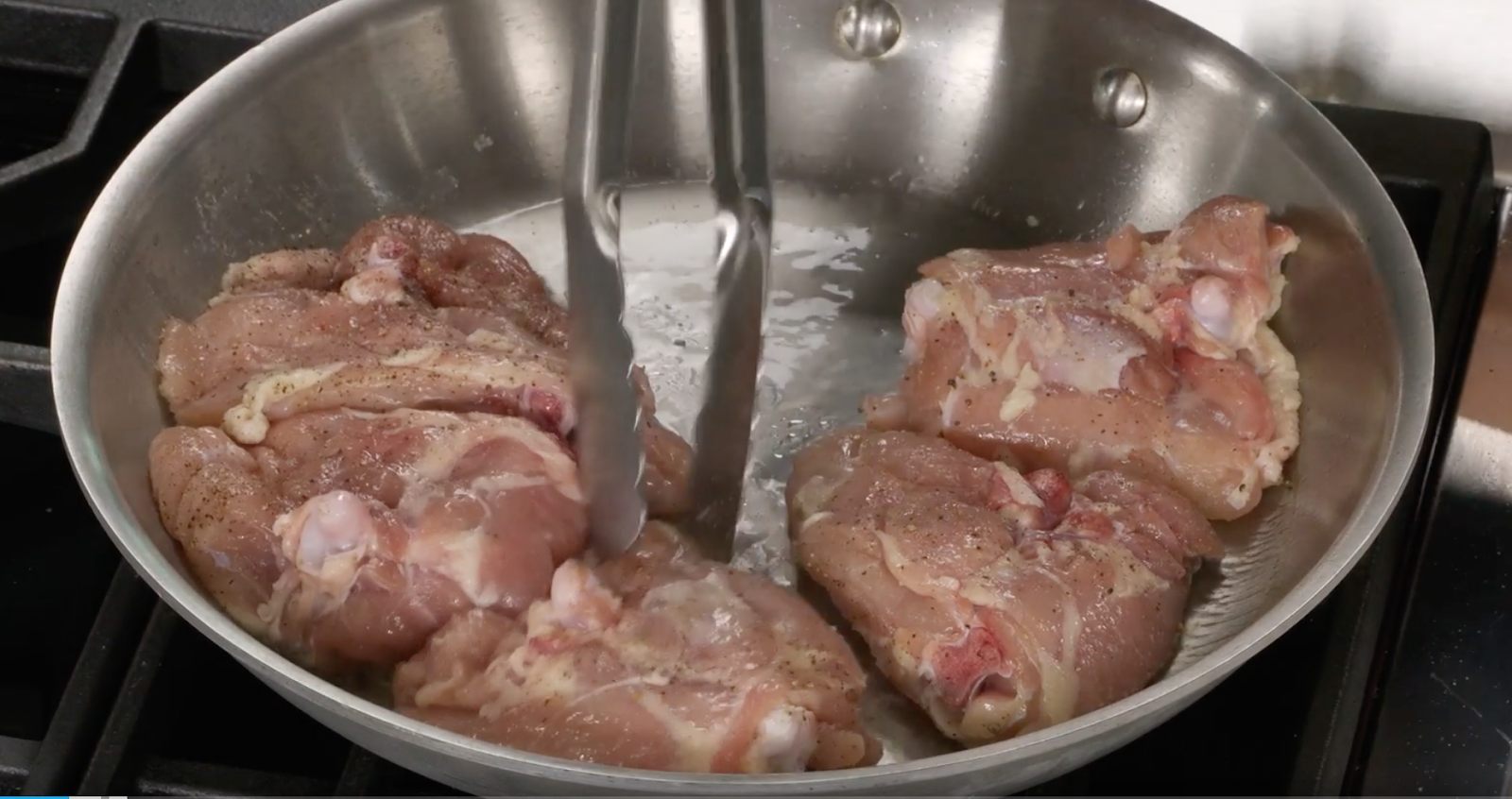 |
| Photo: iStock free images |
Since childhood, we've been told proteins are the main building blocks of the body. Every body part you can think of from muscles and organs to skin, nails, enzymes, and hormones is made of protein. And, what makes up protein? Smaller molecules called amino acids that link up to form chains. These chains of proteins link into longer chains to fold into complex shapes forming organs, muscles, hair, etc. (Source: Healthline.)
According to Healthlne, the best sources of protein are meats, fish, eggs, dairy products, quinoa, legumes, and nuts.
Aminal sources of protein are complete proteins as they contain all 20 amino acids. Many plant sources like legumes have some, but not all 20 amino acids and need to be combined with whole grains (or a glass of milk) thereby also becoming excellent sources of complete proteins. Bean soup with cornbread, peanut butter on slices of whole grain bread, and hummus on pita bread are tasty combinations forming complete proteins.
So how many grams of protein do people need to eat each day to stay healthy? Well sources differ on the amounts, but a general consensus seems to be to get at least .36 grams of protein per pound of body weight; therefore a 130 pound woman would need about 46 grams of protein, while a 160 pound man would need about 57 grams of protein per day. Another recommendation is to eat 3 meals a day with each meal consisting of 30% - 35% of your daily protein requirements.
Doctors also note: A high protein diet can help dieters by decreasing their hunger and thus food intake and calories per day. Older people may benefit by eating as much as 50% more than the recommended daily grams for an average man or woman. Pregnant women and people recovering from injuries also seem to need more protein than the average person.
Although it was once speculated that too much protein could damage one's kidneys, this notion was never supported by science, and the benefits of consuming more protein far outweigh any feared harm.
When it comes to selecting foods to eat to meet your daily protein needs, follow your tastes and preferences and mix it up. Variety is the spice of life, and by rotating food you'll likely consume all the nutrients your body needs.

















.png)


































